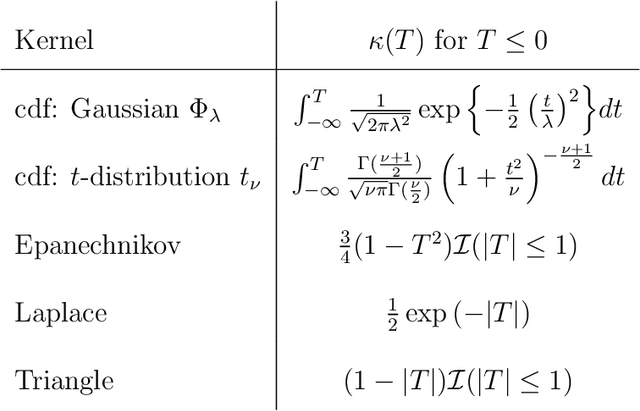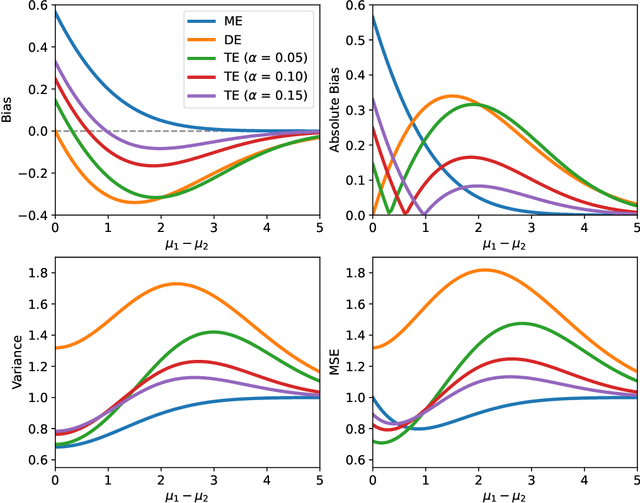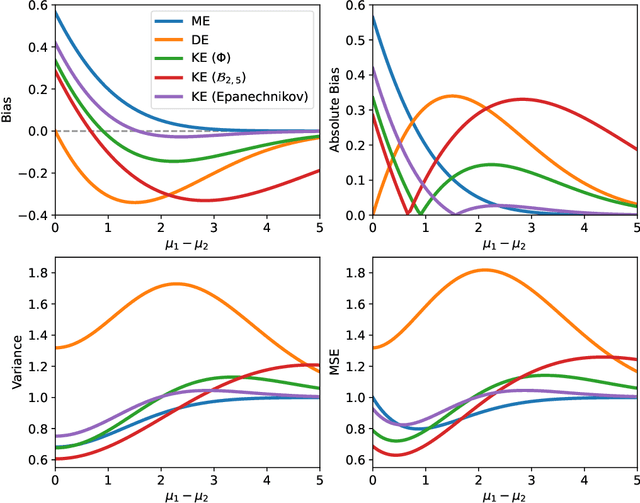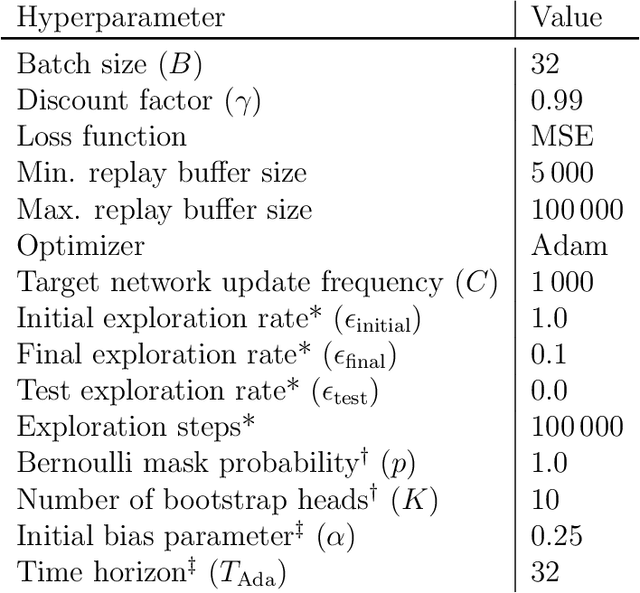Two-Sample Testing in Reinforcement Learning
Paper and Code
Jan 20, 2022



Value-based reinforcement-learning algorithms have shown strong performances in games, robotics, and other real-world applications. The most popular sample-based method is $Q$-Learning. A $Q$-value is the expected return for a state-action pair when following a particular policy, and the algorithm subsequently performs updates by adjusting the current $Q$-value towards the observed reward and the maximum of the $Q$-values of the next state. The procedure introduces maximization bias, and solutions like Double $Q$-Learning have been considered. We frame the bias problem statistically and consider it an instance of estimating the maximum expected value (MEV) of a set of random variables. We propose the $T$-Estimator (TE) based on two-sample testing for the mean. The TE flexibly interpolates between over- and underestimation by adjusting the level of significance of the underlying hypothesis tests. A generalization termed $K$-Estimator (KE) obeys the same bias and variance bounds as the TE while relying on a nearly arbitrary kernel function. Using the TE and the KE, we introduce modifications of $Q$-Learning and its neural network analog, the Deep $Q$-Network. The proposed estimators and algorithms are thoroughly tested and validated on a diverse set of tasks and environments, illustrating the performance potential of the TE and KE.
 Add to Chrome
Add to Chrome Add to Firefox
Add to Firefox Add to Edge
Add to Edge